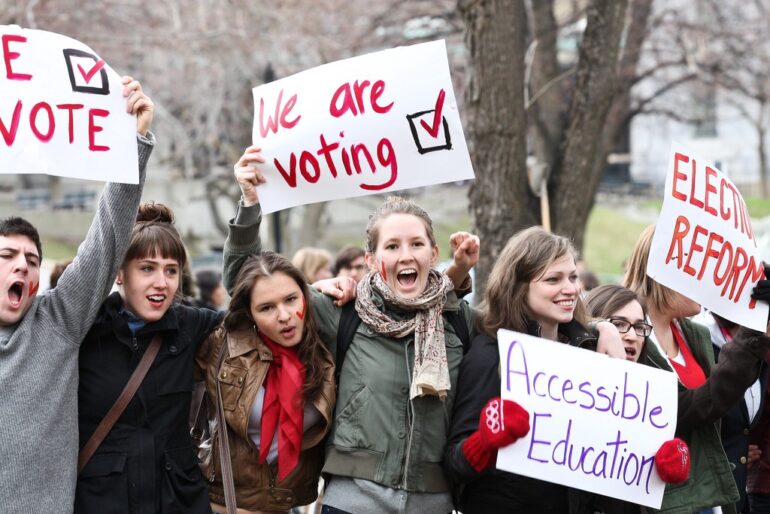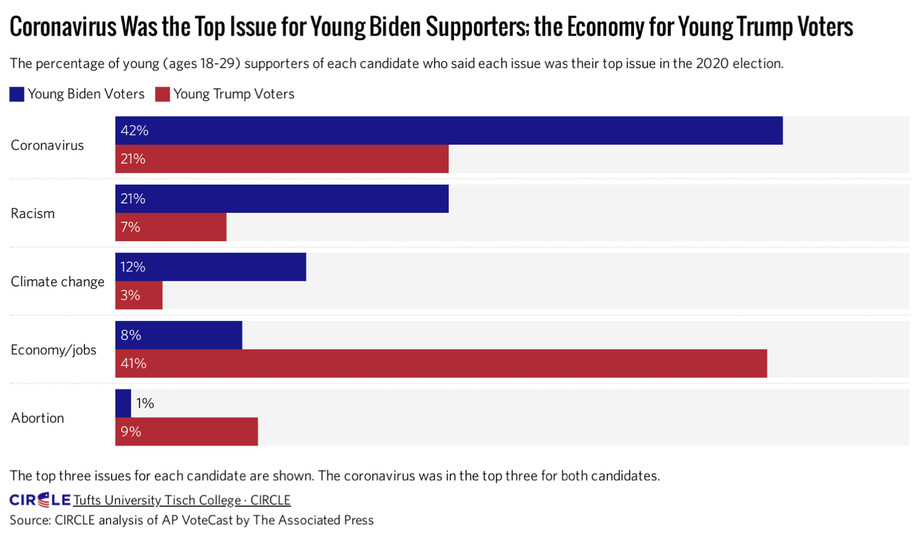In today’s political climate, it is hard not to get involved in current affairs. With continuous controversies and instant news updates from social media, it is often hard to escape. However, this has resulted in more and more teens keeping up to date with political events. By just looking at voter turnout alone, we can see that 8% more of 18-29 year-olds voted in the recent election in comparison to the 2016 election, which is the highest increase from one voting age group according to the Center for Information and Research on Civic Learning and Engagement. Heather Greven, the communications director for NextGen America, an advocacy group focused on youth voter engagement, said that “What we’re seeing from young voters is they’re becoming more reliable, and I think they’re becoming more powerful”. To look into this further, it is important to recognize recent factors which may have been the turning point for many young people to become more involved in the political world.
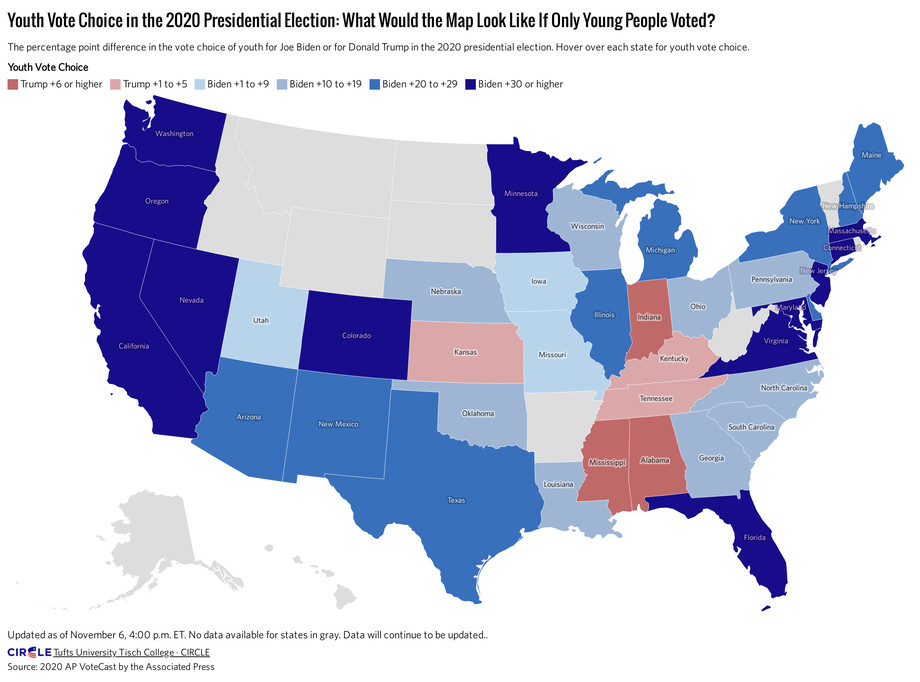 In 2018, Swedish Greta Thunberg started skipping school to strike for climate change
In 2018, Swedish Greta Thunberg started skipping school to strike for climate change 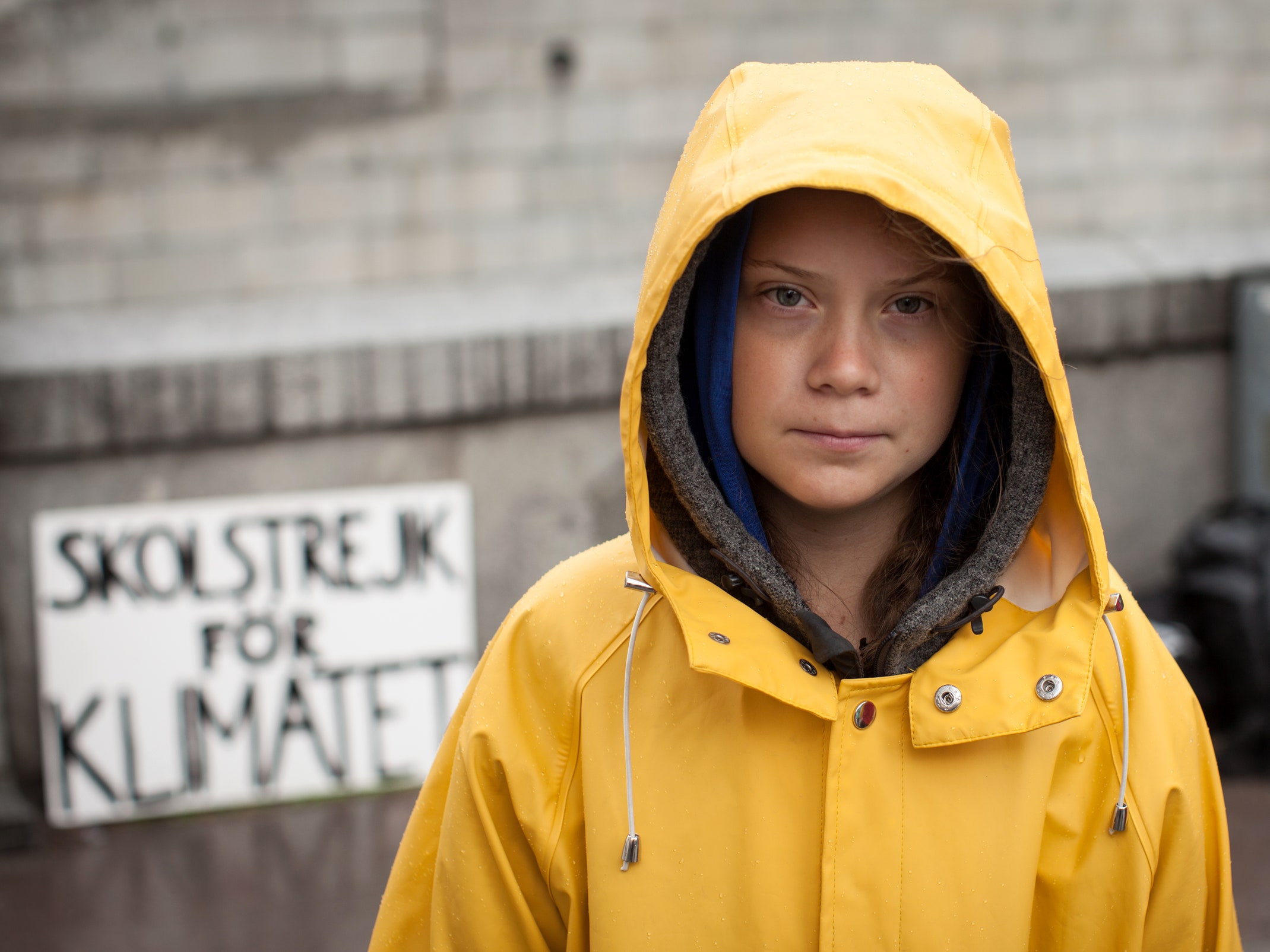 outside a parliament building in Stockholm. The 15 year-old started a rapid movement, and by March 2019, an estimated 1.6 million youths from 125 countries had started their own climate strikes. Since it is an ongoing issue that will affect generation Z, this was the landmark crisis that got so many young people invested in improving the state of their country. Learning to use their voices in a proactive way, and gaining confidence from peaceful protesting for climate action meant that many youths were ready to fight for the recent Black Lives Matter movement. UK News Outlet ‘The Guardian’ interviewed some of today’s young people to find out where their interest in politics came from:
outside a parliament building in Stockholm. The 15 year-old started a rapid movement, and by March 2019, an estimated 1.6 million youths from 125 countries had started their own climate strikes. Since it is an ongoing issue that will affect generation Z, this was the landmark crisis that got so many young people invested in improving the state of their country. Learning to use their voices in a proactive way, and gaining confidence from peaceful protesting for climate action meant that many youths were ready to fight for the recent Black Lives Matter movement. UK News Outlet ‘The Guardian’ interviewed some of today’s young people to find out where their interest in politics came from:
‘Natanya Popoola, 17, from London, said the first protests she went to were the climate strikes, which she described as “exhilarating” because it “was being led by someone young for the first time”. She added: “The fact that we were striking school was empowering, because it was in your hands rather than asking your parents to go on a Saturday. It redefined the idea of what a protest meant. It really made me feel: I can handle this as long as I’m with a good group of people.”
While Popoola said her race has meant she has had her political awakening at a young age, she believes climate strikes have got her generation thinking about politics more deeply.
Another 17-year-old protester, who didn’t wish to be named, described the climate strike protests and the BLM movement as core tenets of young people’s identity. “It’s almost essential to know now. A lot more value is placed on politics and knowing what’s happening, whether it’s racial justice or the student climate march.”
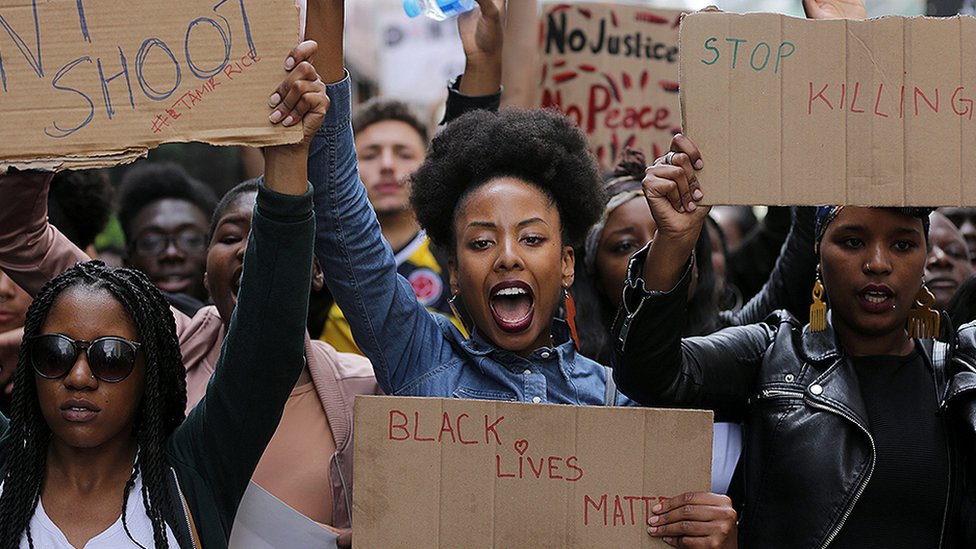 Although the BLM protests are making fewer headlines in the UK now, many are still happening. Woolstencroft has been going along to as many protests in her home town as she can. “As a person of colour, when we make the change that we need to make, I want to say I was a part of that, and I helped to bring about that change,” she said.’
Although the BLM protests are making fewer headlines in the UK now, many are still happening. Woolstencroft has been going along to as many protests in her home town as she can. “As a person of colour, when we make the change that we need to make, I want to say I was a part of that, and I helped to bring about that change,” she said.’
Finally, living in a world where the pandemic consumes so much of the media, many American youths noticed more than ever about how politicians’ decisions can affect the world around them. The coronavirus was the top issue that needed urgent attention for young Biden voters, followed by racism, climate change, jobs and abortion rights, which shows that the action young people have taken to demonstrate their views on particular issues over the last few years has resulted in them using their voice for political change.


